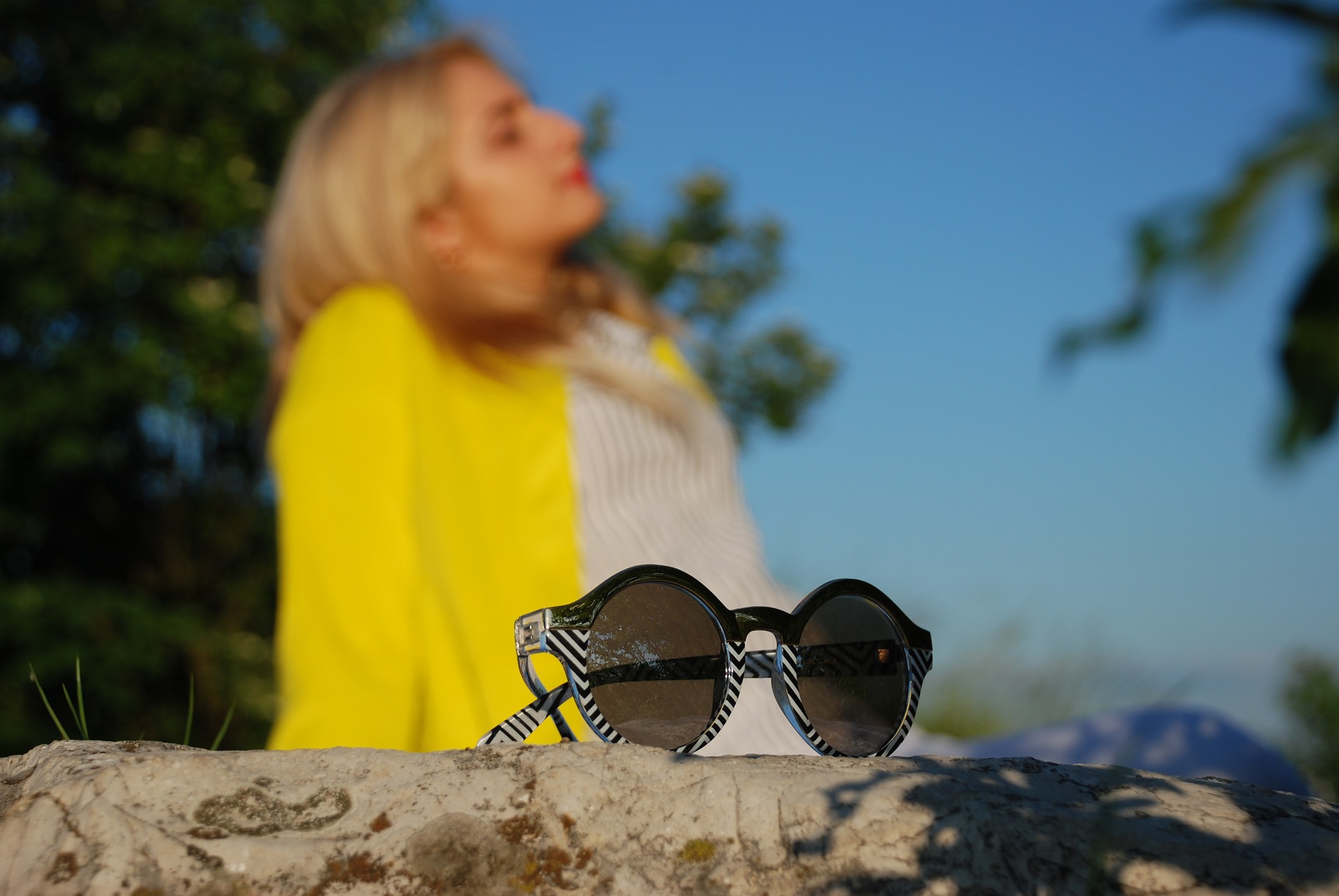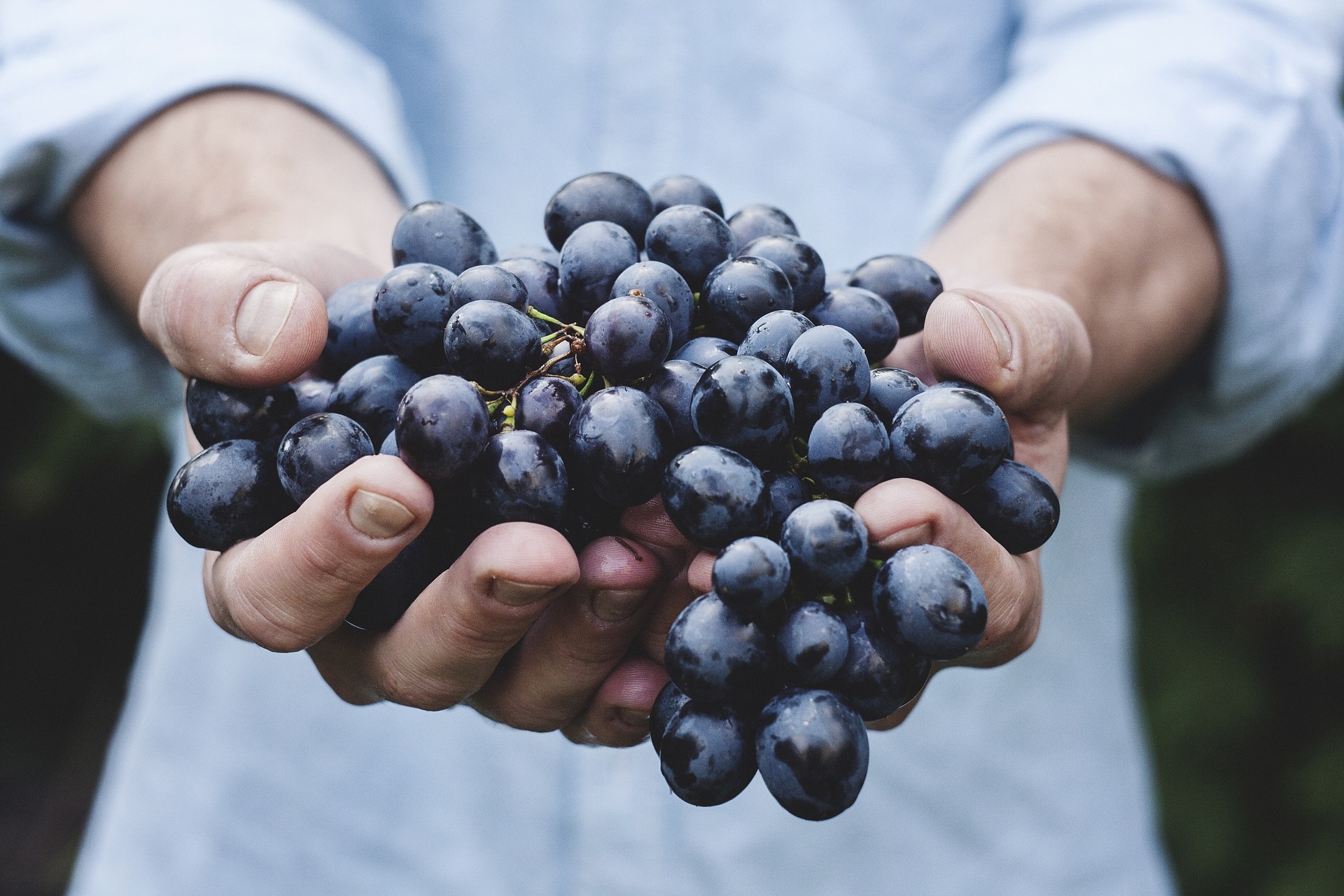
Effective Sunscreen Alternatives for Outdoor Protection*
If you are an outdoor person who loves traveling to beaches and high mountains then you would know how important it is to carry a sunscreen with you. At all times, you need to be careful about the harsh UV rays of the sun in order to avoid skin cancer, the concerns of tanning, and the tell-tale marks left behind by the direct rays of the sun. Though sunscreen gel, cream, or lotion can do the good work and protect you from these concerns, they tend to have chemicals in them.
Additionally, more often than not, conventional sunscreens leave a whitish tone on your skin. As per dermatologists, it’s recommended that you avoid these harsh chemicals at all costs. Fortunately, there are several sunscreen alternatives that you can use in place of the traditional sunscreen ingredients to keep yourself safe. For instance, you may want to invest in sunscreen patches as a feasible solution for keeping the sun rays at bay.

Effective Alternatives to Sunscreen
In all probability, you’ve been slathering yourself with sunscreen ever since you were a kid. Natural sunscreen and sunscreen alternatives are very helpful in protecting you from the UV rays of the sun that causes cancer. These days, there are several sunscreen alternatives, as mentioned in this article (https://www.patchmd.com/sunscreen-alternative.html) related to how to get rid of your outdoor skin-related blues. An important thing about the direct rays of the sun is that even though it may cause cancer, it’s the only natural source of vitamin D. Simply 20 minutes of sun exposure is enough to give the vital nutrients required by your body. Nevertheless, you may still be left worrying about over-exposure and sunburns. Here, we help you take a look at the various options for sunscreen alternatives to replace your regular SPF chemical-based products.
- Wear adequate clothing
Cool and flowing fabrics, especially those that allow your skin to breathe freely, serve as the best sunblock when you’re lounging at the beach, fishing, or are anywhere else in the plains. While trekking at higher altitudes, where you’ll come in close and direct contact with UV rays, it’s a good idea to wear layers of clothing to keep weather elements at bay. Clothes keep your facial skin and other exposed body part safe by absorbing and reflecting sunlight. You may want to select white and light clothing that reflects better light to keep yourself cool under the sun.
- Eat healthy food regularly
UV damages and other irreversible issues impacting your skin can be kept away by consuming antioxidants and healthy fats. As per nutritionists, dark, colorful vegetables and fruits are packed with powerful antioxidants and carotenoids that are essential for your health. Along with these food items, you may want to include nuts, seeds, sea vegetables, microalgae, coconut oil, avocados, etc. in your daily diet. Alongside this, do research on food items that are packed with the goodness of omega fatty acids and healthy saturated fats to gain their health benefits. Carotenoids are very helpful in providing a bronze-colored healthy glow to your skin and ensure that you face lesser sunburns.
- Use Astaxanthin
Astaxanthin, an effective antioxidant, also falls in the category of carotenoid. It is responsible for imparting a reddish-pink coloring to salmons. Salmons get this antioxidant from microalgae that generate astaxanthin in order to gain protection from UV rays. Much more powerful than vitamin E, CoQ10, or vitamin C, Astaxanthin can protect your skin from the injuries inflicted by solar rays. It’s also helpful in preventing the damages caused by ultraviolet rays to human DNA. In case you’re opting for this kind of natural sunscreen alternative then you may look forward to getting adequate protection for your brain, joints, heart, and eyes as well.
- Sunscreen Patches
A much recent addition to the list of popular sunscreen alternatives are patches that are specially designed to give you sun protection inside out. You may want to invest in sunscreen patches containing Polypodium Leucotomos, which is a tropical fern extract. Selecting one such sun protection patch can give you the same results as those obtained by plants growing under the sun. These patches behave as antioxidants to enhance the tolerance of your skin to the sun. They are very helpful as the ingredients present within can seep through the different layers of your skin in a manner that oils and sunscreens cannot. In addition, patches also comprise of a wide range of other nutrients that are packed with varied antioxidant properties such as vitamins C, D, and E.
- Red raspberry seeds & oils
Red raspberry seeds are useful for the production of the most effective type of seed-oil sunscreen. The oil produced from raspberry seeds averages between 28-50 SPF and serve as reliable ingredients for keeping the UVB rays of the sun away.
- Oil from carrot seeds
It may be slightly tough to get your hand on carrot seed oil. However, once you invest in its goodness, you can leverage the advantages of its natural 38-40 SPF. There are some helpful carotenoid antioxidant actions that are supported by carrot seeds as well.
- Wheat germ and sesame oils
Wheat germ oils have many natural moisturizing properties along with showcasing an SPF of 20. On the other hand, the sesame seed oil is useful for blocking off 30% of sunlight. It allows you to remain under the sun for longer periods of time without causing sunburns. You may want to apply these oils on an hourly or two hourly bases when you set out for the day.
Use Sunscreen Alternatives Safely
Coconut oil, aloe vera gels and creams, peanut oil, alfalfa oil, jojoba oil, hemp seed oil, shea butter, sea buckthorn oil, olive oil, avocado oil, and macadamia oil, are some other helpful alternatives that can help you get the lucrative benefits of sunscreens. These products provide effective remedies to free your skin from sunburns and other UV damages. You may want to research more on the benefits of using sun patches and the other products mentioned above. Get in touch with your skincare specialist, today.




